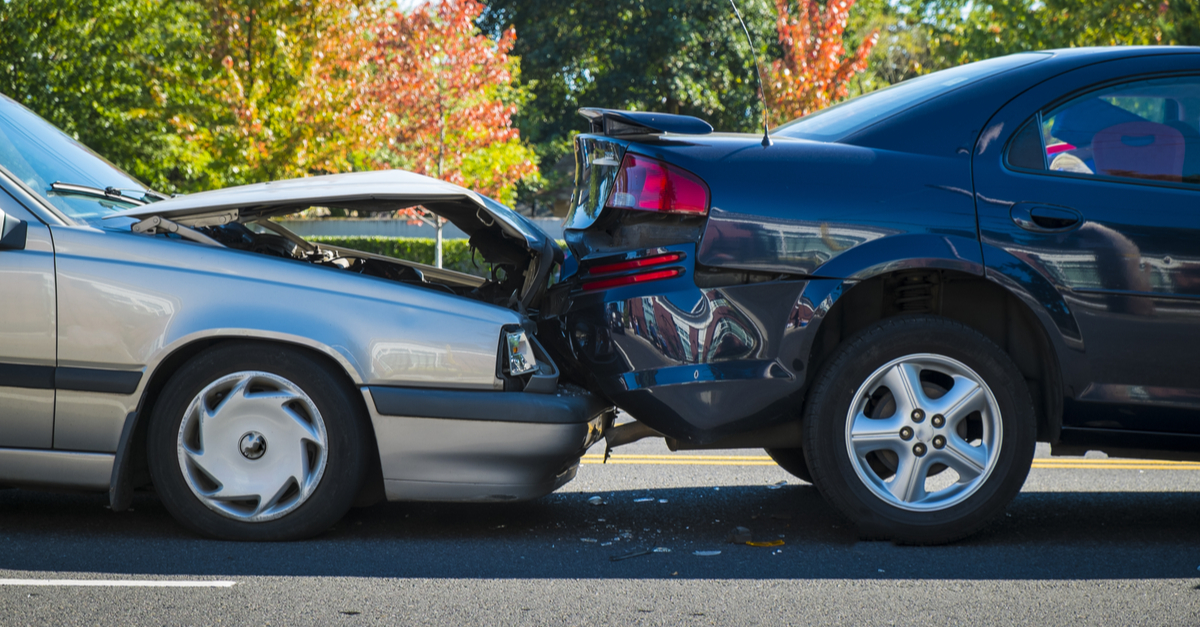The Faults of House Bill 719 Repealing Florida’s No-Fault System
The Faults of House Bill 719 Repealing Florida’s No-Fault System
UPDATE:
UPDATE: On June 28, 2021, Senate Bill 54 (SB 54) was presented to Governor Ron DeSantis to sign or veto. The following day, June 29, 2021, Governor DeSantis vetoed SB 54 stating in his letter to Secretary Laurel Lee that “[w]hile the PIP system has flaws and Florida law regarding bad faith is deficient, [Senate Bill 54] does not adequately address the current issues facing Florida drivers and may have unintended consequences that would negatively impact both the market and consumers.” Although Governor DeSantis’ veto prevents SB 54 from becoming a law at this time, the bill is now sent back to the Senate where it may be further considered; if SB 54 receives a two-thirds vote from each house, the veto will be overridden and SB 54 will become a law. Follow along as we continue to update on the decisions surrounding SB 54 and Florida as a no-fault state.
Florida’s status as a no-fault state may be coming to an end as the legislature sends Senate Bill 54 to the desk of Governor Ron DeSantis. Florida is one of the minority of states that requires motor vehicle owners to carry personal injury protection (PIP) automobile insurance. Pursuant to the Florida Motor Vehicle No-Fault Act, a minimum of $10,000 PIP coverage must be maintained on an owner’s automobile insurance policy. The purpose of these PIP benefits is for the medical expenses incurred by an insured regardless of driver fault for an accident. As a result, one of the impacts of PIP in litigation is defendants may be entitled to a PIP set-off, which would reduce an award to a plaintiff by $10,000 to account for the PIP benefits already received to prevent receipt of duplicative benefits. See Pate v. Renfroe, 715 So. 2d 1094, 1099 (Fla. 1st DCA 1998); see also Caruso v. Baumle, 880 So. 2d 540, 547 (Fla. 2004) (holding the evidence of PIP benefits to be presented to the trier of fact in an automobile accident case for purposes of set-off, and, if before a jury, the jury must be instructed the plaintiff shall not receive damages for PIP benefits paid or payable).
However, insurance companies and defendants alike must be aware of Senate Bill 54 (SB 54) that passed both houses of the legislature on April 30, 2021. The bill originated as two similar bills, House Bill 719 (HB 719) and SB 54, both seeking to eliminate Florida’s no-fault system and to require motorists to carry bodily injury liability insurance. Specifically, HB 719 provided motor vehicle owners must obtain an automobile policy possessing bodily injury coverage in the amount of $25,000 per person and $50,000 per accident, as well as $10,000 for property damage. In comparison, SB 54 sought to repeal Florida’s no-fault system by requiring drivers to carry mandatory bodily injury coverage paying out up to $25,000 and to possess $5,000 in medical payment coverage. Both bills advanced throughout their respective houses before HB 719 was substituted for SB 54 in the House on April 23, 2021. The houses sent the bill back and forth with amendments until it was ultimately passed by the House and Senate on April 30, 2021. The bill as passed requires motor vehicle owners to possess $25,000 of bodily injury coverage, and provides the option of medical payments coverage.
The proposed framework seeks to decrease the number of uninsured and underinsured motorists, as well as remedy insufficient PIP coverage levels to ensure there is adequate coverage available in the event of an accident. Proponents of the bill maintain automobile insurance rates will decrease with repeal of the no-fault system, yet others discuss opposition to this point, either projecting cost increases or expressing it is unknown the impact the repeal will have on insurance costs until the bill passes.
The consequence of SB 54 is not only the predicted increase in expense of such coverage for motor vehicle owners and the concerns of inefficiency in addressing the presence of fraud in the insurance market, but its impact will also be felt by personal injury defendants due to the availability of a PIP set-off no longer being applicable to plaintiff awards in such cases where the benefits have been paid or are payable. If signed by the Governor, SB 54 will take effect on January 1, 2022. Existing policies issued prior to December 31, 2021 will remain in full force and effect under the Florida Motor Vehicle No-Fault Act until the policy is renewed, nonrenewed or canceled after January 1, 2022. As the future of the structure of Florida’s automobile insurance system and its requirements is presented to the Governor, be sure to check back for updates on the Florida’s status as a no-fault state.







